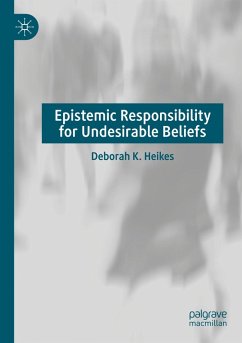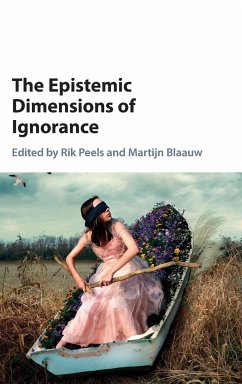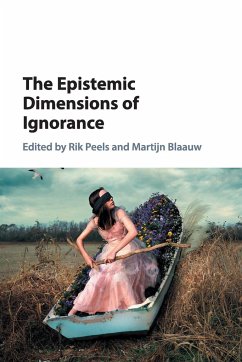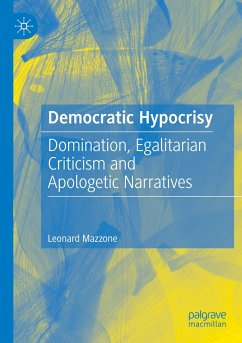
Epistemic Responsibility for Undesirable Beliefs
Versandkostenfrei!
Versandfertig in 6-10 Tagen
83,99 €
inkl. MwSt.
Weitere Ausgaben:

PAYBACK Punkte
42 °P sammeln!
This book considers whether we can be epistemically responsible for undesirable beliefs, such as racist and sexist ones. The problem with holding people responsible for their undesirable beliefs is: first, what constitutes an "undesirable belief" will differ among various epistemic communities; second, it is not clear what responsibility we have for beliefs simpliciter; and third, inherent in discussions of socially constructed ignorance (like white ignorance) is the idea that society is structured in such a way that white people are made deliberately unaware of their ignorance, which suggests...
This book considers whether we can be epistemically responsible for undesirable beliefs, such as racist and sexist ones. The problem with holding people responsible for their undesirable beliefs is: first, what constitutes an "undesirable belief" will differ among various epistemic communities; second, it is not clear what responsibility we have for beliefs simpliciter; and third, inherent in discussions of socially constructed ignorance (like white ignorance) is the idea that society is structured in such a way that white people are made deliberately unaware of their ignorance, which suggests their racial beliefs are not epistemically blameworthy.
This book explores each of these topics with the aim of establishing the nature of undesirable beliefs and our responsibility for these beliefs with the understanding that there may well be (rare) occasions when undesirable beliefs are not epistemically culpable.
This book explores each of these topics with the aim of establishing the nature of undesirable beliefs and our responsibility for these beliefs with the understanding that there may well be (rare) occasions when undesirable beliefs are not epistemically culpable.














